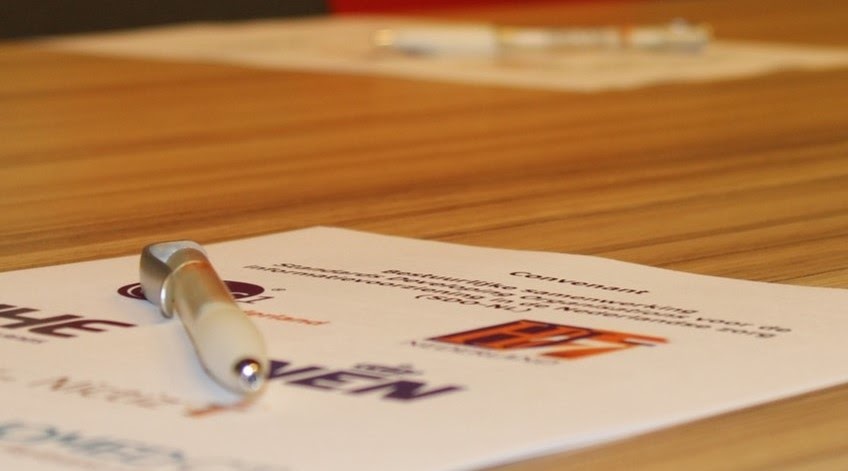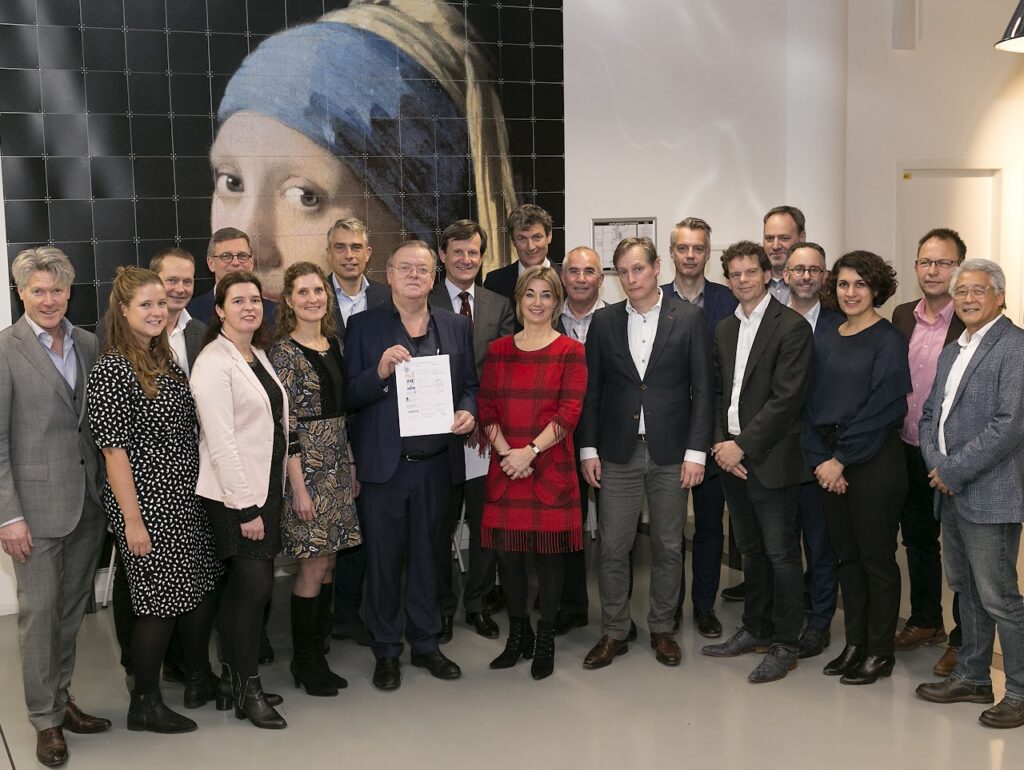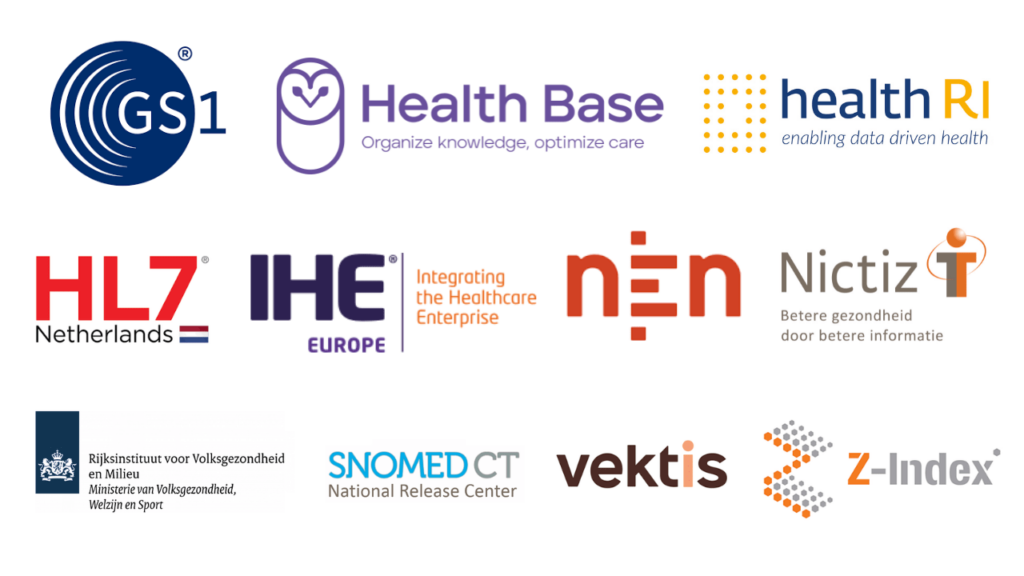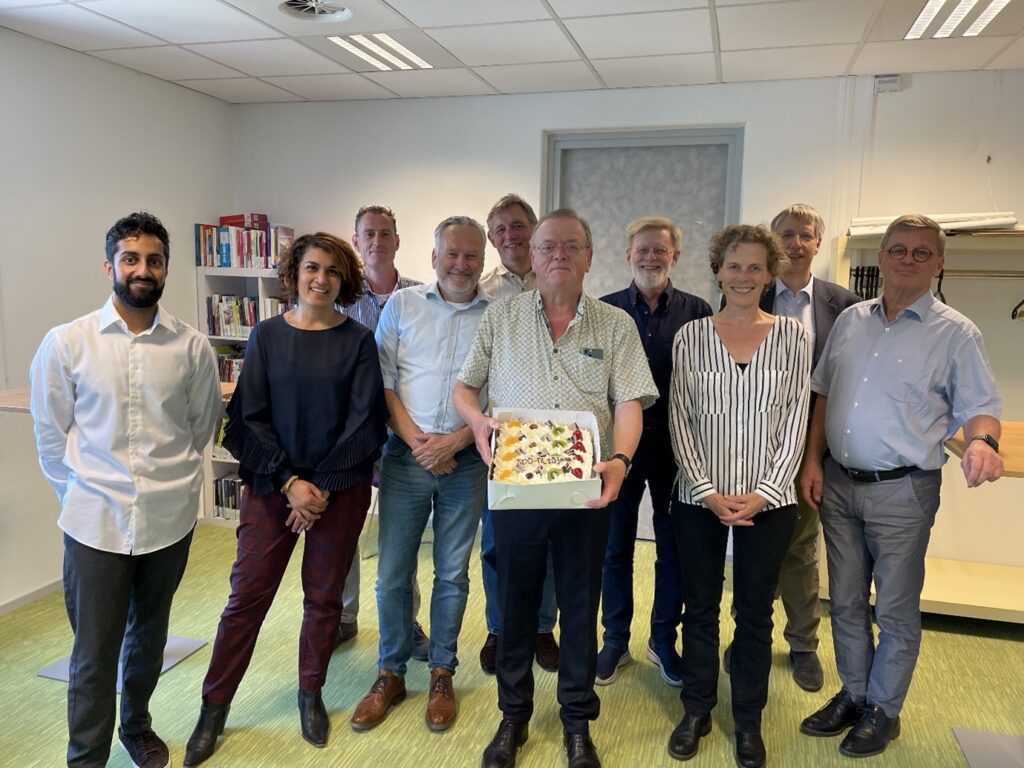Good, correct, and complete information is essential for health and care and leans strongly on the use of standards. Seeing the complexity of healthcare and the diversity of possible IT support solutions, standards are needed on a multitude of levels. There are several standardisation organisations active in the Netherlands. These organizations strive for efficient and effective usage of IT in Dutch healthcare, based upon the standards they develop and maintain. For that reason, a number of organisations has taken the initiative in 2013 to create an administrative collaboration under the name Standards Development Organisations – Netherlands (SDO-NL).

”We strive for maximum interoperability within and across health and care domains and standards”

Why SDO Netherlands?
SDO-NL strives for maximum interoperability within and across health and care domains and standards. The standards organisations gear their activities to one another in order to make the usage of standards more straightforward and more transparent. The goal is to smoothly connect the various activities. Also, the organisations want to prevent overlaps and/or gaps in the supply and development of standards. In this way the user of information systems experiences smooth and correct availability and sharing of the patient information.
SDO-NL specifically focuses on the developments in the Netherlands, but, where appropriate, gears to the activities of the international “mother” organisations, and/or “sister” organisations in other countries. This is aiming for a maximised international character of the standards used in the Netherlands, and for minimised deviation of international agreements. This, in turn, will ensure health information to be able to be shared across borders, e.g. when a patient resides abroad.
The main goal of this collaboration is to help create an environment in which the standardisation debate for the Netherlands can be organised in a structural and efficient manner. And to ensure that the members of SDO-NL stay informed about each other’s initiatives in the field of standardisation. SDO-NL gives input to the national Information Council for Healthcare, and to the Ministry of Health, Welfare and Sports.
Partners

Find out more about the organisations that shape SDO-Netherlands.

Celebrating our 10th anniversary
Since 2013, the standardization organizations active in the Netherlands – under the umbrella of SDO-NL – have been striving for efficient and effective application of standards in Dutch healthcare, according to the principles established by the Joint Initiative Council (JIC). Coinciding with the publication of JIC’s revised charter, 2023 also marks the 10th anniversary of SDO-NL. For that reason, the participating organizations of SDO-NL wish to emphasize the importance and necessity of cooperation between standardization organizations, both nationally and internationally. We call on the international standardization community to take note of the principles set forth in JIC’s charter and to engage in standardization cooperation where possible and applicable.
Who is SDO Netherlands for?
SDO-NL does not include all possible players in its current composition. SDO-NL is therefore open to entry by other standardization organizations. The focus of SDO-NL is on standardization within healthcare, but the consultation is open to relevant discussions about the broader standardization problem insofar as it affects healthcare. Examples include the activities of the Standardization Forum and the development of electronic identification for citizens.


What is a SDO?
SDO stands for Standards Development Organisation. A SDO is an organization whose primary activities are to develop, administer, coordinate, promulgate, review, amend, republish, interpret standards, profiles, or norms intended to serve the needs of a group of healthcare users. A SDO is generally non-profit and exists in the interest of the users of the standards.

JIC
International cooperation between SDOs in the Netherlands takes place in the so-called Joint Initiative Council (JIC).
You can read more about this international collaboration via this link to the JIC white paper.
